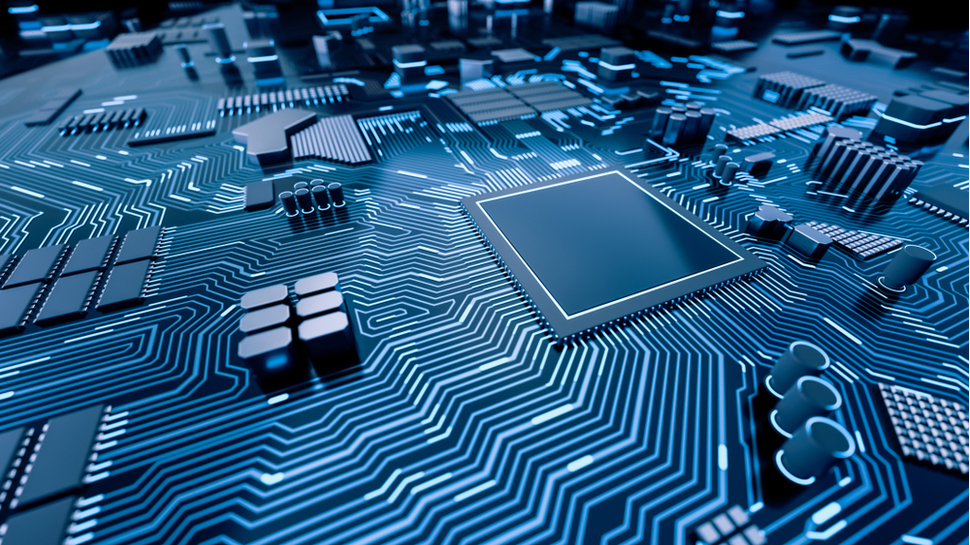The global chip shortage could finally be coming to an end
Acer’s comments are in stark contrast to that of Micron’s

Sign up for breaking news, reviews, opinion, top tech deals, and more.
You are now subscribed
Your newsletter sign-up was successful
One of the world’s leading PC vendors believes the global shortage of chips is starting to ease and will continue to improve in the second quarter of the year.
The reassurance comes from Andrew Hou, Acer president for Pan-Asia Pacific Operations, during an interaction with the press, as reported by Reuters.
Several factors led to the shortage of chips, which reportedly first surfaced in the fourth quarter of last year. Manufacturing unit shutdowns owing to the Covid-19 pandemic is largely blamed as the trigger for the crisis that rapidly depleted vendors’ inventories.
- Need something more portable? Check out the best mobile workstations
- Here's our list of the best small business servers available
- These are the best portable SSD offerings around
Hou said suppliers however quickly “jumped into action” to address the situation. He added that sales in his region, which excludes China, are very healthy, as companies and governments are placing orders for laptops in bulk to help sustain the remote-first work-from-home environments.
Is it really over?
However, Hou didn’t address the impact of the unprecedented drought in Taiwan, which accounts for a majority of world’s chip production.
The various measures imposed by the government to check water usage, including curbing the supply of water to several industrial areas, has had a dramatic impact on the silicon fabrication units.
In fact, Hou’s comments are in stark contrast to that of Micron’s CEO Sanjay Mehrotra, who, in an earnings call last week, said he doesn’t see the situation improving anytime soon.
Sign up to the TechRadar Pro newsletter to get all the top news, opinion, features and guidance your business needs to succeed!
True, Mehrotra was speaking from the point of view of RAM, which accounts for over 70% of Micron’s revenue.
But as a critical component in virtually all computers, a shortage of RAM will have a cascading effect to drive up prices for laptops and workstations, putting his views diametrically opposite to that of Acer’s Hou.
- Take a look at our list of the best work from home essentials
Via: Reuters
With almost two decades of writing and reporting on Linux, Mayank Sharma would like everyone to think he’s TechRadar Pro’s expert on the topic. Of course, he’s just as interested in other computing topics, particularly cybersecurity, cloud, containers, and coding.
